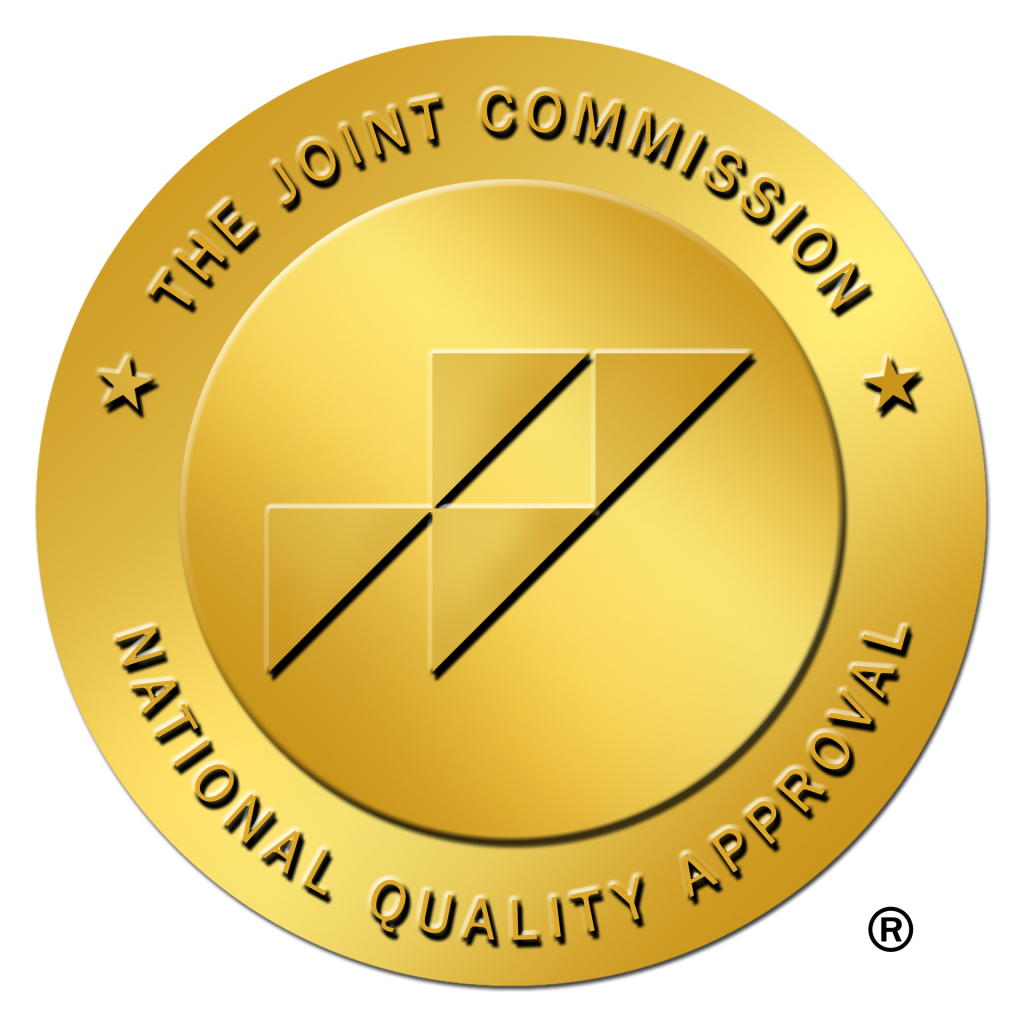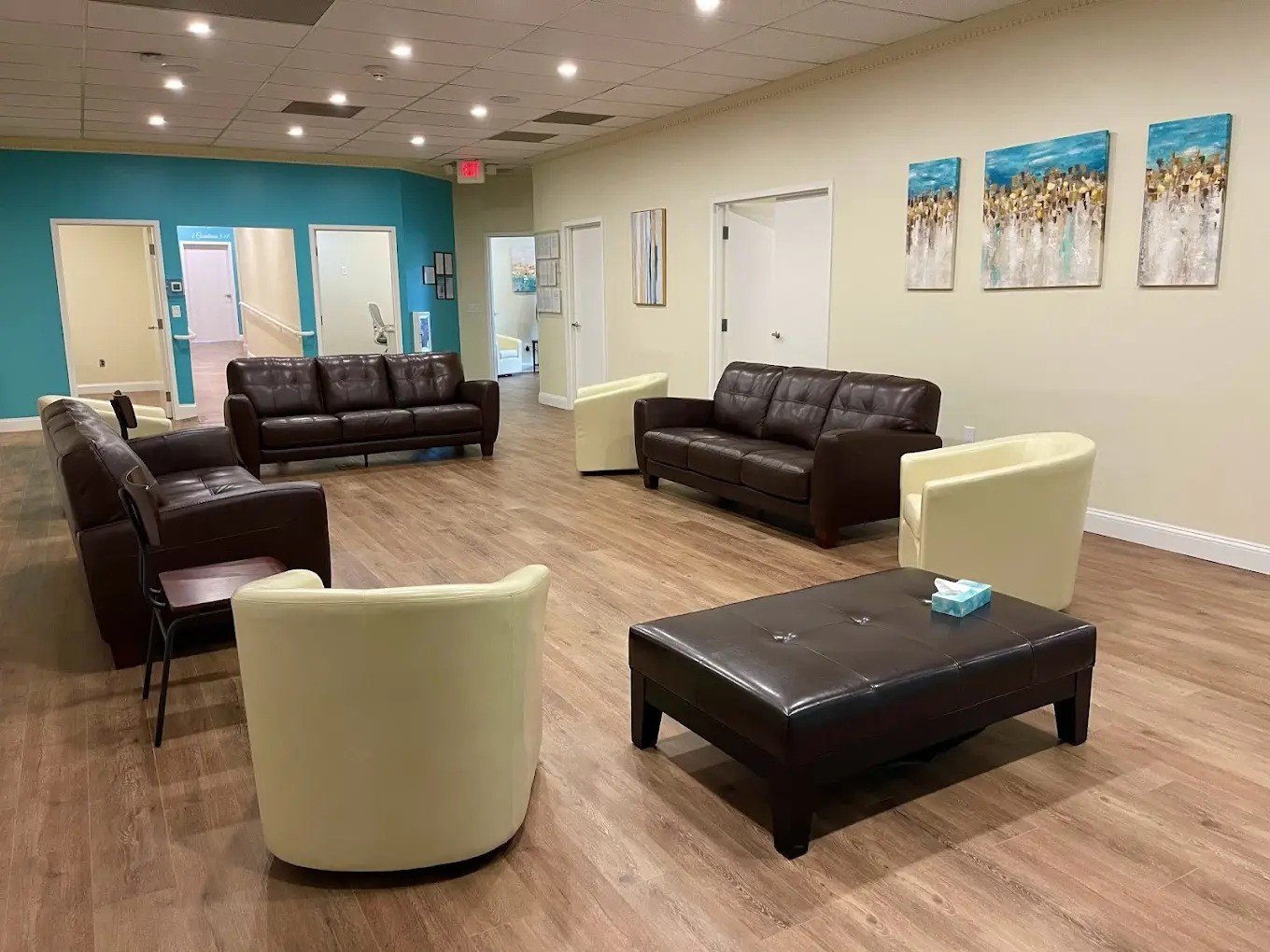Partial Hospitalization Program Nj
Understanding Partial Hospitalization Programs
In the landscape of mental health and addiction recovery, Partial Hospitalization Programs (PHPs) are a crucial bridge. They offer a structured environment that can often prevent the need for inpatient care. For New Jersey residents, particularly those around Parsippany-Troy Hills, PHPs provide an accessible option for comprehensive care. These programs are tailored for individuals who require intensive therapy but also benefit from the flexibility of returning home after daily treatment.
The partial hospitalization program nj model is particularly effective for individuals transitioning from inpatient facilities back into their day-to-day lives. It serves as an intermediary step, reducing the risk of relapse by maintaining a high level of professional support. PHPs are designed to treat a range of psychological issues and substance use disorders while addressing co-occurring mental health conditions.
Key Components of a PHP
Partial hospitalization programs incorporate a variety of therapeutic approaches. A typical PHP day includes group therapy sessions, individual counseling, and psychoeducation workshops. These activities are overseen by a multidisciplinary team, ensuring that every participant receives comprehensive support.
New Chapter Recovery, a notable organization in this space, includes specialized tracks such as animal-assisted therapy and veterans treatment. This diversity in treatment options allows for more personalized care, addressing the unique needs of each participant. The inclusion of medication-assisted treatment further strengthens the support for those dealing with substance use disorders.
PHPs in New Jersey, like the one at New Chapter Recovery, often emphasize the importance of family involvement. Family therapy sessions are a staple, recognizing the role of familial support in sustaining long-term recovery. By engaging families in the recovery process, participants build a stronger support network at home.
Advantages of Partial Hospitalization
One of the main advantages of enrolling in a partial hospitalization program nj is the ability to receive intensive care without complete disruption of daily life. Individuals can return home each evening, which allows them to practice new coping strategies in real-world settings immediately. This practical application of learned skills significantly aids in the stabilization of acute symptoms.
Another significant benefit is the ability to maintain connections with work, family, and community. This is particularly beneficial for working professionals who cannot afford to take extended leave from their responsibilities. The flexibility offered by PHPs like those at New Chapter Recovery caters to such needs, presenting a viable option for those seeking treatment while maintaining employment.
PHPs also provide a more cost-effective alternative to inpatient care. They allow for substantial coverage through insurance, including Tricare and VA benefits for veterans. This financial accessibility makes PHPs a practical option for a broader range of individuals seeking help.
Moreover, the community-based approach of PHPs helps reduce feelings of isolation that often accompany mental health challenges. By fostering a sense of belonging and shared experience, participants find motivation and support among peers facing similar challenges.
The Role of Structured Treatment
Structure is a fundamental aspect of partial hospitalization programs. It provides a predictable environment that helps participants focus on recovery without external disruptions. Daily schedules often include a mix of therapeutic and recreational activities, ensuring a balanced approach to healing.
For some, the structured format of a PHP can be a lifesaver, providing the discipline needed to instill new habits and routines. The time-bound nature of the program–often spanning several weeks–encourages participants to remain committed and engaged throughout the treatment.
Personal Experiences in Partial Hospitalization
Having worked within the structured environment of New Chapter Recovery, I’ve seen firsthand the transformative impact of PHPs. Participants often enter the program feeling overwhelmed and uncertain, yet leave equipped with a newfound sense of stability and hope. One participant described the experience as a ‘lifeline,’ emphasizing the critical role that daily therapeutic interventions played in their recovery journey.
Another participant, a veteran, highlighted the importance of specialized tracks such as veterans treatment. This personalized approach not only made him feel seen and understood but also catered to his specific experiences and needs. Such testimonials underscore the effectiveness of personalized care within partial hospitalization programs.
It’s not uncommon to witness families reunified and strengthened through family therapy sessions. By involving family members in the treatment process, PHPs help mend strained relationships, fostering an environment of mutual support and understanding.
PHP and the Community
Partial hospitalization programs also play a significant role in community health. By offering accessible mental health and addiction services, they alleviate pressure on local hospitals and inpatient facilities. This allows for more targeted care, reducing overall healthcare costs and improving community wellness.
Community support is further enhanced through partnerships with local organizations and healthcare providers. At New Chapter Recovery, such collaborations facilitate seamless referrals and coordinated aftercare planning. This integrated approach ensures that individuals continue to receive support beyond their time in a PHP, promoting long-term recovery and stability.
Challenges and Solutions
While partial hospitalization programs offer numerous benefits, they are not without challenges. One such challenge is ensuring participant retention and engagement throughout the program duration. New Chapter Recovery addresses this by providing a diverse range of therapeutic activities that keep participants motivated and interested.
Another challenge is managing the transition from PHP to less intensive levels of care. To mitigate this, structured step-down programs such as Intensive Outpatient Programs (IOP) and Outpatient Programs (OP) are offered. These programs provide a gradual reduction in care intensity, allowing participants to adapt to increased independence while maintaining a support network.
Innovations in Partial Hospitalization
Innovation is key to the evolving landscape of partial hospitalization programs. New Chapter Recovery, for example, incorporates innovative therapeutic modalities like experiential therapy and motivational interviewing. These techniques address both mental health and substance use disorders, offering a holistic treatment model.
The integration of technology, such as telehealth services, further expands access to PHPs. This is particularly beneficial for individuals residing in more remote areas of New Jersey who may not have immediate access to in-person services. Telehealth provides a flexible option, ensuring continuity of care even when physical attendance is challenging.
Additionally, New Chapter Recovery emphasizes outcome-based treatment planning, utilizing measurable clinical outcomes to tailor and adjust interventions. This data-driven approach ensures that each participant receives the most effective care for their specific needs.
Future of Partial Hospitalization
The future of partial hospitalization programs in New Jersey looks promising, driven by a growing recognition of the need for accessible and flexible care solutions. As mental health awareness increases, demand for PHPs is likely to continue its upward trajectory. This growth will undoubtedly inspire further innovations and improvements within the field.
Investment in training and development for mental health professionals will also be crucial. Ensuring that staff is equipped with the latest knowledge and skills will enhance the quality of care provided. New Chapter Recovery is committed to ongoing professional development, ensuring that its team remains at the forefront of therapeutic advancements.
Overall, partial hospitalization programs offer a dynamic and adaptive model of care. By continuing to adapt to emerging needs and integrating new methodologies, PHPs will remain a cornerstone of effective mental health and addiction treatment in New Jersey.
What is a Partial Hospitalization Program?
A Partial Hospitalization Program (PHP) is an intensive, structured mental health treatment option that provides therapeutic support during the day while allowing participants to return home in the evenings. This model bridges the gap between inpatient hospitalization and outpatient care, particularly beneficial for individuals dealing with mental health challenges or substance use disorders. In the context of New Jersey, PHPs like those at New Chapter Recovery offer a balance between receiving close professional support and maintaining everyday responsibilities. While it’s intensive, the flexibility to practice coping strategies outside the program makes it ideal for transitioning from inpatient care or providing a robust alternative to residential treatment. Have you ever wondered how this model might fit into your routine or if it’s the right intensity level for your recovery journey?
How does New Chapter Recovery structure its PHP?
At New Chapter Recovery, the Partial Hospitalization Program is meticulously structured to support individuals comprehensively through a blend of therapeutic modalities. A typical day involves group therapy, individual counseling sessions, and psychoeducation workshops, all under the careful guidance of a multidisciplinary team. Unique elements such as animal-assisted therapy and veterans’ treatment add layers of personalized care, addressing specific participant needs. This diverse approach not only targets substance use disorders but also co-occurring mental health conditions. A day in our PHP is both challenging and rewarding, with a schedule designed to foster new habits and provide stability. How do you think a structured routine would benefit your own recovery process?
What are the main benefits of participating in a PHP?
Engaging in a Partial Hospitalization Program offers numerous advantages. Primarily, it provides intensive therapeutic intervention without completely detaching individuals from their daily lives. Participants return home each night, allowing them to integrate newly learned coping mechanisms into real-world settings immediately. This aspect is particularly beneficial for working professionals or those with family obligations. Moreover, PHPs present a cost-effective alternative to inpatient care, and many are covered by insurance, including Tricare and VA benefits. Through the community-driven atmosphere of a PHP, participants often find strength in shared experiences, reducing the isolation often associated with mental health struggles. Do you find the balance between maintaining daily life and receiving intensive care appealing?
How do PHPs address co-occurring mental health issues?
PHPs, such as those at New Chapter Recovery, are adept at treating co-occurring mental health issues alongside substance use disorders. This dual-diagnosis approach is vital because mental health and substance abuse often intertwine, with one exacerbating the other. The program incorporates evidence-based therapies like Cognitive Behavioral Therapy (CBT) and Dialectical Behavior Therapy (DBT), focusing on both the mental health disorder and addiction. This comprehensive strategy ensures that individuals receive a holistic treatment plan tailored to their unique challenges. It’s like tackling two sides of the same coin, helping participants achieve a more stable, balanced recovery. Have you ever tried therapy that addresses multiple aspects of your mental health simultaneously?
What role does family involvement play in a PHP?
Family involvement is a cornerstone of New Chapter Recovery’s PHP. Often, recovery isn’t just an individual’s journey but a family endeavor. Family therapy sessions are integral to the program, recognizing that familial support is crucial for sustained recovery. These sessions help mend relationships, encourage transparency, and build a supportive home environment conducive to long-term healing. Involving family members can also educate them about addiction and mental health challenges, fostering empathy and understanding. It’s like adding another layer of support, ensuring that participants don’t navigate their recovery alone. How do you think family engagement might impact someone’s recovery experience?
How are participant engagement and retention addressed in PHPs?
Maintaining participant engagement within a PHP is critical. At New Chapter Recovery, a variety of therapeutic activities–from experiential therapy to motivational interviewing–are utilized to keep participants motivated and invested in their recovery. The program places great emphasis on creating a compelling, interactive experience that resonates with individuals’ personal journeys. Additionally, regular progress assessments provide participants with clear insights into their recovery, maintaining motivation through tangible achievements. The key is to create a dynamic and responsive environment that adapts to each individual’s needs, preventing drop-outs and ensuring continuous support. Do you think structured yet adaptable programs enhance the likelihood of sustained engagement?
What innovations are emerging in the field of PHPs?
The field of PHPs is evolving, with innovations enhancing treatment efficacy and accessibility. At New Chapter Recovery, the use of experiential therapies and telehealth services represents significant advancements. Experiential therapies, such as animal-assisted therapy, offer unique ways to address emotional and psychological issues, while telehealth expands reach, especially for those in remote areas. Data-driven, outcome-based treatment planning is another innovation, focusing on measurable clinical outcomes to adapt treatment strategies effectively. These innovations offer a glimpse into the future of PHPs, making recovery more personalized and accessible. How do you view the impact of technology and innovation on mental health care?
Resources
- Substance Abuse and Mental Health Services Administration (SAMHSA) – SAMHSA is the leading agency within the U.S. Department of Health and Human Services that focuses on improving behavioral health across the country.
- American Psychiatric Association – The American Psychiatric Association is a professional organization representing psychiatrists in the United States.
- National Alliance on Mental Illness (NAMI) – NAMI is a grassroots mental health organization dedicated to building better lives for the millions of Americans affected by mental illness.
- Mental Health America – Mental Health America is a leading community-based nonprofit organization dedicated to addressing the needs of those living with mental illness and promoting overall mental health for all.






